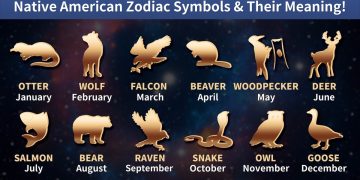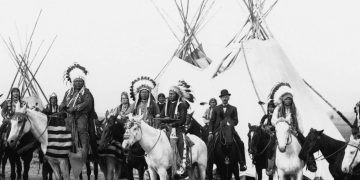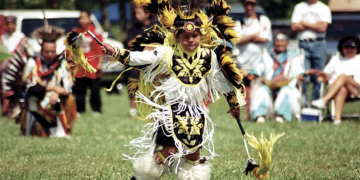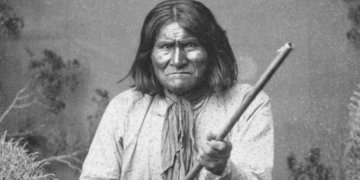As of January 2023, the U.S. government officially recognizes 574 Native American tribes, a vital step toward honoring their sovereignty, rights, and cultures. However, this recognition is only part of the ongoing journey of Native peoples toward healing and self-determination.
Before European settlers arrived, Native American tribes had established vibrant societies with distinct cultures, languages, and governance systems. These Indigenous nations maintained strong trade networks and diplomatic relationships. However, with European colonization came violence, forced displacement, and the disruption of Native ways of life. Despite centuries of colonization and systemic oppression, Native communities have preserved their cultures and fought for their rights to land, self-governance, and recognition.
Federal recognition by the U.S. government affirms a tribe’s right to self-determination and access to resources like healthcare, education, and social services. This recognition also grants tribes the authority to govern themselves, manage their lands, and preserve their cultural practices. However, gaining recognition is often a long, bureaucratic process. Tribes must submit petitions proving their historical continuity, governance, and community ties. While this can take years and is not always successful, it remains a crucial tool for securing a tribe’s rights and resources.
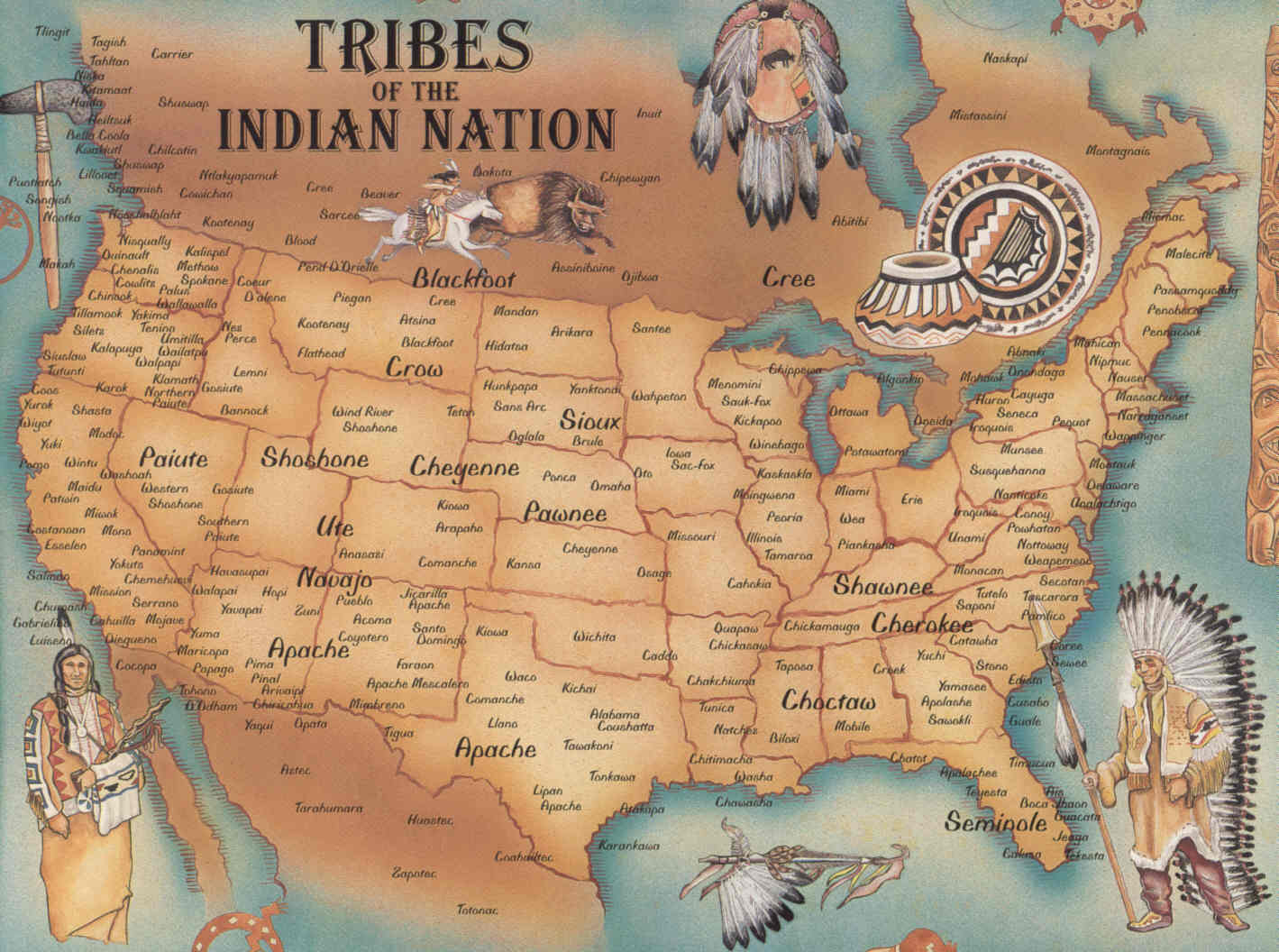
For those tribes that achieve recognition, the benefits are substantial. Recognition allows tribes to run their own schools, healthcare systems, and law enforcement agencies, offering them control over their communities’ futures. It also strengthens their ability to negotiate with the federal government on issues like land rights and treaty enforcement.
However, challenges remain. Many Native communities continue to suffer the effects of historical trauma, including the loss of ancestral lands and ongoing poverty. Despite federal recognition, some tribes still lack full access to resources, and many struggle to regain land or seek compensation for past injustices. In some cases, the federal recognition process is used as a political tool, leading to divisions among tribes and frustrating efforts to move forward.
While recognition is important, true justice for Native Americans requires a commitment to restoring their rights, resources, and autonomy. The U.S. government must work in partnership with Indigenous nations, respecting their sovereignty and supporting their efforts to preserve and strengthen their cultures. This includes addressing historical wrongs and ensuring that Native Americans have the power to determine their own futures.
The recognition of 574 Native American tribes is a significant step, but the path ahead is long. The United States must continue to honor its treaties and obligations to Native peoples, ensuring that they are heard, their sovereignty respected, and their contributions to the nation fully acknowledged. True reconciliation can only come when Native American nations are empowered to thrive in a way that honors their past, present, and future.

